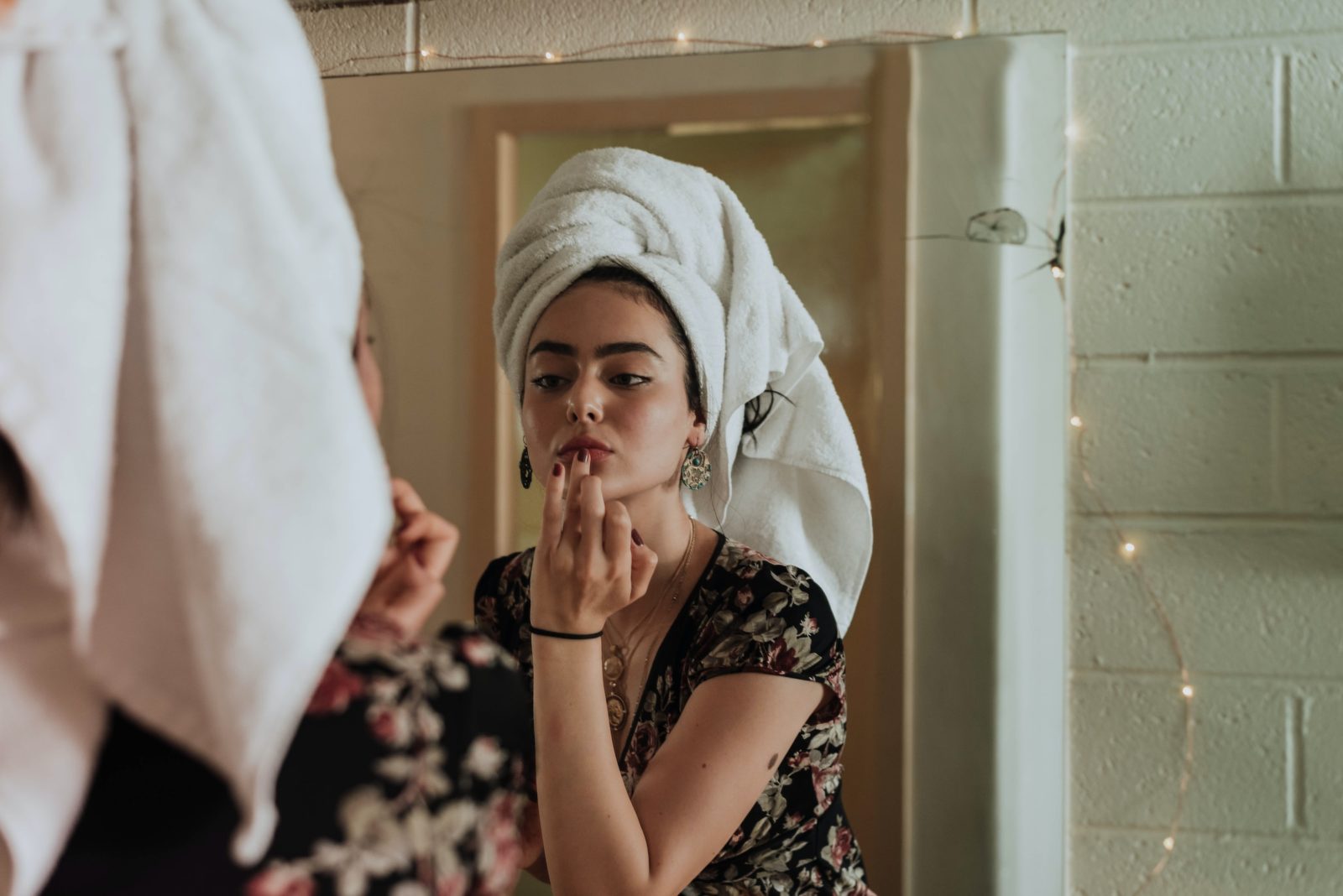Essential Skincare Do’s and Don’ts in Your 30’s
UNLOCK THE FOUNTAIN OF YOUTH
Are you in your 30s and struggling to find the right skincare routine? Your 30s are a time when your skin starts to change, and you need to adapt to those changes to keep your skin looking healthy and youthful.
But with so many products and tips out there, it can be overwhelming to know where to start. Don’t worry! In this article, we will give you the do’s and don’ts of skincare in your 30s so that you can take care of your skin with confidence and ease.
The Don’ts
- Don’t Use Face Wipes: Your 20s might have been all about the convenience of face wipes, but they are too harsh for your skin in your 30s. According to, face wipes are too abrasive and can cause irritation and breakouts. Instead, invest in a good cleansing routine that removes every last scrap of end-of-day grime and make-up.
- Don’t Use Harsh Exfoliants: As you age, your skin becomes thinner and more delicate. Using harsh exfoliants like scrubs and acids can cause micro-tears in your skin, leading to inflammation and premature aging. Opt for gentle exfoliants like enzyme peels that won’t damage your skin.
- Don’t Skip Sunscreen: Sunscreen is crucial in your 30s. It not only protects your skin from harmful UV rays but also helps prevent wrinkles, fine lines, and age spots. Make sure to use a broad-spectrum sunscreen with an SPF of 30 or higher every day, even on cloudy days.
The Do’s
- Do Use Retinoids: Retinoids are a game-changer when it comes to anti-aging skincare. They help increase cell turnover, stimulate collagen production, and reduce the appearance of fine lines and wrinkles. According to, incorporating retinoids into your skincare routine in your 30s can help maintain a youthful complexion.
- Do Hydrate Your Skin: Hydration is key to healthy and youthful-looking skin. As you age, your skin loses its ability to retain moisture, leading to dryness, dullness, and wrinkles. Invest in a hydrating serum or moisturizer that contains hyaluronic acid or glycerin to keep your skin plump and hydrated.
- Do Get Enough Sleep: Sleep is crucial for your overall health and well-being, but it’s also essential for your skin. Lack of sleep can lead to dark circles, puffiness, and a dull complexion. Aim for at least seven hours of sleep every night to keep your skin looking healthy and refreshed.
Additional Tips
- Eat a Healthy Diet: What you eat can affect your skin’s health and appearance. Incorporate foods that are high in antioxidants, vitamins, and minerals, such as berries, leafy greens, and nuts. These foods can help fight free radicals and promote collagen production, leading to a more youthful complexion.
- Stay Hydrated: Drinking enough water is essential for healthy skin. It helps flush out toxins, improve circulation, and keep your skin hydrated from the inside out. Aim for at least eight glasses of water per day.
- Manage Stress: Stress can wreak havoc on your skin, causing breakouts, inflammation, and premature aging. Incorporate stress-relieving practices into your daily routine, such as meditation, deep breathing exercises, or engaging in hobbies you enjoy. Taking care of your mental well-being will reflect positively on your skin.
- Exercise Regularly: Regular exercise not only keeps your body healthy but also benefits your skin. When you exercise, your blood circulation increases, delivering oxygen and nutrients to your skin cells, giving you a natural glow. Aim for at least 30 minutes of moderate-intensity exercise most days of the week.
- Visit a Dermatologist: Consulting with a dermatologist can provide valuable insights into your skin’s specific needs. They can assess your skin type, address any concerns you may have, and recommend personalized skincare products and treatments that are suitable for you.
Conclusion
Taking care of your skin in your 30s is essential for maintaining a youthful and radiant complexion. Remember to avoid harsh products, prioritize hydration, protect your skin from the sun, and incorporate beneficial habits into your lifestyle.
By following these do’s and don’ts, along with the additional tips provided, you can establish a skincare routine that nurtures your skin and boosts your confidence.
Frequently Asked Questions
1. Can I still use face wipes occasionally in my 30s? While it’s best to avoid face wipes in your 30s due to their abrasiveness, you can still use them on rare occasions when you’re in a bind or need quick makeup removal. However, it’s important to follow up with a proper cleansing routine to ensure you’ve thoroughly removed all impurities.
2. How often should I incorporate retinoids into my skincare routine? Start by using retinoids once or twice a week to allow your skin to adjust. Gradually increase the frequency as tolerated, aiming for three to four times a week. Always follow the instructions provided with the product and consult a dermatologist if you have any concerns.
3. Can I use a moisturizer with hyaluronic acid if I have oily skin? Absolutely! Hyaluronic acid is a lightweight and hydrating ingredient suitable for all skin types, including oily skin. It helps balance moisture levels without clogging pores, providing optimal hydration and a more balanced complexion.
4. Are there specific foods I should avoid for better skin health in my 30s? While individual sensitivities can vary, it’s generally a good idea to limit your intake of processed foods, sugary snacks, and beverages. These items can contribute to inflammation and breakouts. Instead, focus on consuming whole, nutrient-dense foods for a healthy and vibrant complexion.
5. How long does it take to see results from a new skincare routine? Results can vary depending on individual factors and the specific products you’re using. However, it’s generally recommended to give your new skincare routine at least 4 to 6 weeks before expecting noticeable changes. Consistency is key, and patience is essential for achieving long-term skin improvements.
Thank you for reading this post, don't forget to subscribe to our newsletter!



